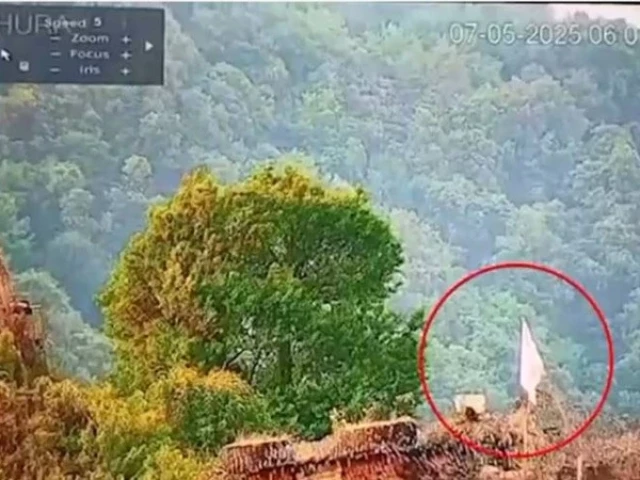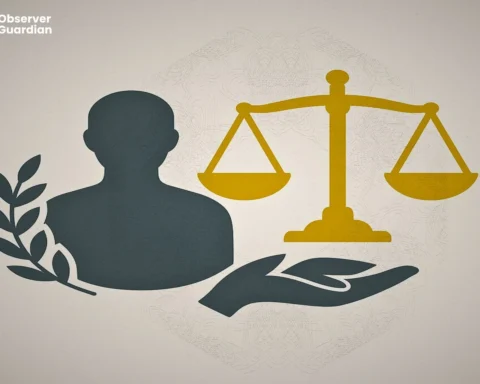India’s White Flags Signal Retreat Amid Heightened Tensions
Federal Minister for Information and Broadcasting Attaullah Tarar on Wednesday claimed that India had raised white flags at several positions along the Line of Control (LoC) — a move he interpreted as a concession of defeat following Pakistan’s retaliatory military response. Speaking at a press conference in Islamabad, Tarar praised the Pakistan Air Force (PAF) for its swift, proportionate action, stating that five Indian fighter jets and one drone were successfully shot down after breaching Pakistani airspace.
The minister condemned India’s targeting of civilian areas in Punjab and Azad Jammu & Kashmir, describing the attacks as “highly regrettable.” He also emphasized that Prime Minister Shehbaz Sharif was closely monitoring the national security situation, with both civil and military leadership standing united in defense of Pakistan’s sovereignty.
2. Pakistan Denounces Civilian Casualties and Indian Aggression
Addressing a media briefing, DG ISPR Lt. Gen. Ahmed Sharif Chaudhry revealed that 26 civilians were martyred and 46 others injured during Indian airstrikes conducted across six locations within Pakistan.
In Ahmedpur East (Bahawalpur), 13 people lost their lives, including two three-year-old girls, seven women, and four men. Another 37 individuals sustained injuries. In Muzaffarabad, an airstrike on Bilal Mosque led to three fatalities and injured two children. Meanwhile, Abbas Mosque in Kotli was also hit, killing a 16-year-old girl and an 18-year-old boy. A woman and her daughter were injured in that attack.
The DG ISPR further noted that no casualties occurred in Sialkot or Shakargarh, although a dispensary in Shakargarh suffered minor damage. Additionally, five civilians, including a five-year-old child, were martyred due to Indian shelling along the LoC.
3. PAF Downs Six Indian Aircraft; Pakistan Reaffirms Commitment to Peace
Responding to India’s aggression, Pakistan’s military shot down three Rafale jets, one MiG-29, one SU-series aircraft, and an Israeli-made Heron combat drone. The aircraft were intercepted in Bhatinda, Jammu, Akhnoor, Srinagar, and Avantipur, after they carried out strikes on Pakistani soil.
Lt. Gen. Chaudhry emphasized that Pakistan Air Force only engaged after the Indian aircraft executed attacks within Pakistan, posing a threat to territorial integrity and civilian safety. He accused India of deliberately targeting mosques, calling it indicative of the extremist Hindutva ideology upheld by Narendra Modi’s government, which he said systematically oppresses minorities—particularly Muslims.
Minister Tarar also referred to Pakistan’s longstanding role as a victim of terrorism, noting over 90,000 casualties due to related violence. He criticized India’s rejection of an independent investigation into the Pahalgam incident and condemned its ongoing propaganda efforts against Pakistan on international platforms.
Despite provocations, Tarar reiterated Pakistan’s desire for regional peace, stressing the nation’s resilience and its readiness to defend its borders against any form of aggression.








